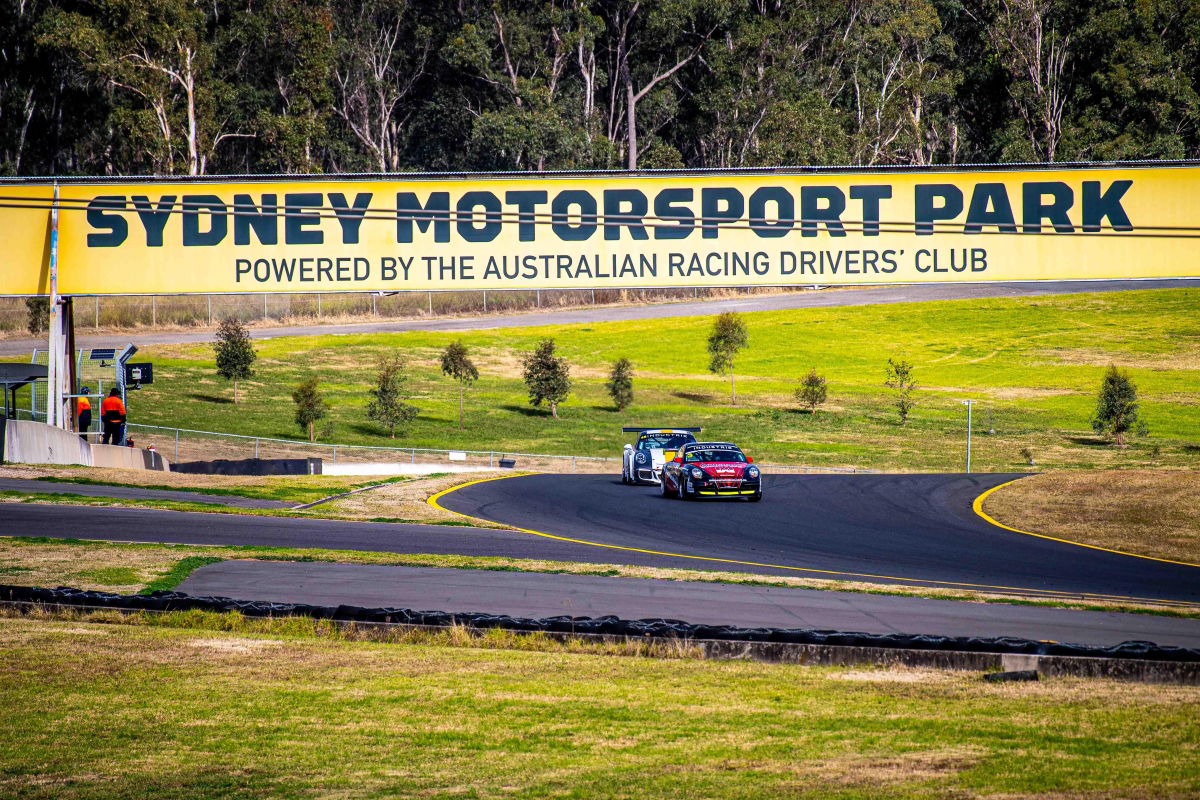

The facility which is managed by the Australian Racing Drivers’ Club in partnership with the NSW Government, received the honour as part of the FIA’s Environmental Accreditation Programme.
It puts Sydney Motorsport Park among just 19 world-class venues with the industry accreditation that include Silverstone, Monza, Imola, and Mugello.
SMP has also advanced to a two out of a possible three-star rating, thanks to its progress in the field of sustainability.
“Sustainability in motorsport is so much more than repurposing consumables like tyres, it’s about adapting a mindset towards more environmentally friendly methods and processes,” said ARDC Sustainability Manager, Tan Nguyen.
“Most importantly, however, it’s about instilling a culture of constant improvement.”
In July this year, SMP again retained its status of Australia’s #1 most sustainable circuit in the global Sustainable Circuits Index, which it has held since 2021. It is the only permanent Australian racetrack to receive a ranking in the internationally recognised index.
“The ARDC partners with a range of leading organisations that share our vision, including Closed Loop and global beverage group, Asahi,” ARDC CEO, Glenn Matthews said.
“SMP’s international recognition for sustainability is testament to the relentless dedication and hard work of our partners.”
At the Supercars night round in July again, the precinct beat its own sustainability performance, where 76 percent of waste was diverted from landfill, a 10 percent improvement over the 2023 event.
“Like every facet of our sport, sustainability is a team effort and something we aspire to do together,” said Supercars COO, Tim Watsford.
“The ARDC and its running of Sydney Motorsport Park is the gold standard for sustainable best practise in Australia, and we relish the opportunity to continue to push each other to improve and reach for even better outcomes in the future.”
With several months still to go, 2024 continues to shape up as another strong year of sustainable performance.
The venue processed 894.7m³ of waste, with 650.5 m³ saved from landfill through recycling, repurposing, and composting. Around 6700 litres of cooking and motor oil was recycled and used for other purposes, such as biodiesel.
More than 60,000 coffee cups were recycled and sent for upcycling projects, including building and construction materials. All waste was hand sorted on-site into nine distinct waste streams.




















Discussion about this post